E-Waste and Human Health Hazards
E-waste: An Emerging Health Risk
As humankind has developed, we have created electronic technologies that help and improve how we live, work, and play. But with the benefits of technology also comes electronic waste health hazards.
Scientists have known for some time what damage electronic waste, known as e-waste, causes to the environment, but most people are not aware of just how e-waste is toxic to your health.
E-waste health risks are now among the greatest threats to the survival of our species.
E-waste health issues are seen across the globe, in both developed and undeveloped countries. Despite this, the volumes of e-waste generated by the world’s population continue to grow rapidly – currently over 40 million tons a year.
What are the Hazards to Human Health?
A study by the World Health Organization found a strong link in both children and adults between e-waste exposure and:
- Thyroid dysfunction
- Reduced fertility
- Behavioural changes
- Decreased lung function
- Cell changes, including cancers
E-waste contains toxins like lead and mercury that cause significant e-waste health issues. Yet, still, over 90% of it is disposed of improperly – either by processing using dangerous techniques or dumping into landfills.
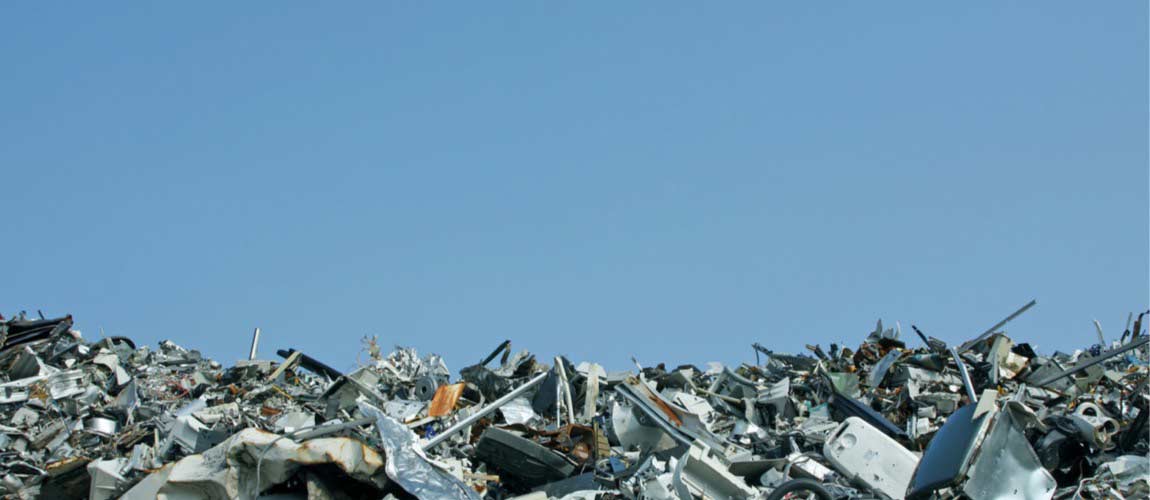

Make an Informed Decision
What are the Challenges to Managing the Human Health Hazards from E-waste?
The hazards to health from electronic waste must not be underestimated. Recycling e-waste in a safe and non-harmful way can be costly, and there isn’t enough capacity to cope with the mountains of waste.
Drastic and urgent actions are needed now to stop the flow of waste and stem the tide of e-waste health issues.
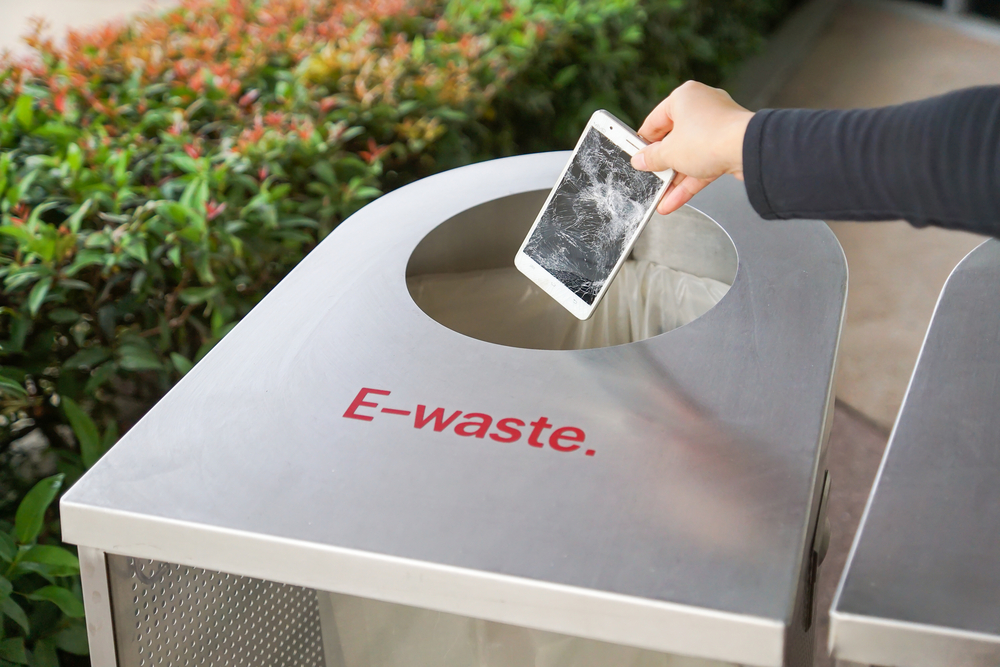
Causes of E-Waste generation
Technology using electronics has been embraced across the globe. If you look back just 50 years, very few people used electronic devices. The ones that they did use, like radios, were kept for many years before discarding. Items were repaired rather than being thrown into the garbage.
Today the situation is entirely different. Here are some sobering statistics:
- Worldwide, people own 33 billion devices to connect to the Internet
- That’s an average of 4.3 per person for every person on the planet
- The average smartphone user changes their phone every 15-18 months
- The expected lifetime of a PC is three years
The rate of product development and aggressive marketing have created a mindset where we expect to replace electronic products after a very short time.
Most of today’s electronics can’t be repaired – they get thrown away when they stop working.
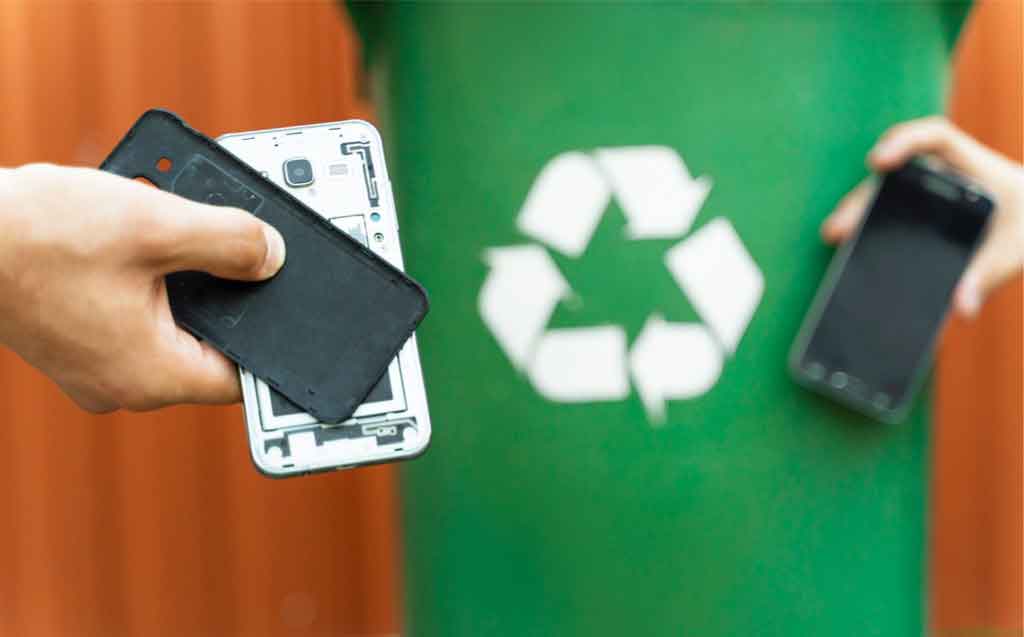
Put all these together, and you create the perfect storm for electronic waste health hazards – an ever-increasing quantity of unwanted electronics housing poisons and a growing incidence of e-waste health issues. Very few people realize how e-waste is toxic to your health.
The scale of problems with e-waste is massive: In 2021, the global volume of e-waste generated was 48 million tons which is 6.8kg for every person on the planet. By 2030 this is expected to be 67 million tons, double what it was in 2014.
Health Hazards of Improper E-waste Disposal
Let’s take a more detailed look at how e-waste is toxic to your health.
When electronic items are just dumped into landfills or when e-waste is recycled using harmful techniques, toxic metals and other materials find their way into the soil, water, and air.
This electronic waste creates health hazards that can last for centuries. The impact of bad e-waste recycling practices creates significant e-waste health issues and harm the wider environment.
What’s in E-waste?
Electronic waste health hazards come from a complex mix of materials used to make circuit boards, disk drives, screens, and other computer components. The harmful materials include:
Metal | Health effects e-waste-related |
Lead | Damages brain function, particularly in children |
Americium | Can induce cancer |
Mercury | Causes memory loss, muscle weakness, reduced fertility, and more |
Cadmium | Severe lung damage if breathed in |
Sulfur | Damages the liver, heart, kidneys, and eyes |
Chromium | A known cause of cancer |
Looking at just one of these in more detail, mercury will illustrate how e-waste is toxic to your health when improper disposal occurs:
- One cell phone contains up to 2 grams of mercury.
- Mercury is highly poisonous, affecting the brain, digestive system, reproductive system, kidneys and liver.
- These e-waste diseases can be caused by inhaling, eating, drinking very small amounts of mercury, or skin contact.
- When e-waste is incinerated, the air is filled with tiny and invisible mercury atoms that are easily inhaled then absorbed by the body.

See how much your IT equipment is worth
The Electronic Waste Health Hazards in Developing Countries
E-waste is routinely exported to developing countries for processing. Here, the workers use primitive techniques to recover valuable metals, like gold and silver, from the e-waste.
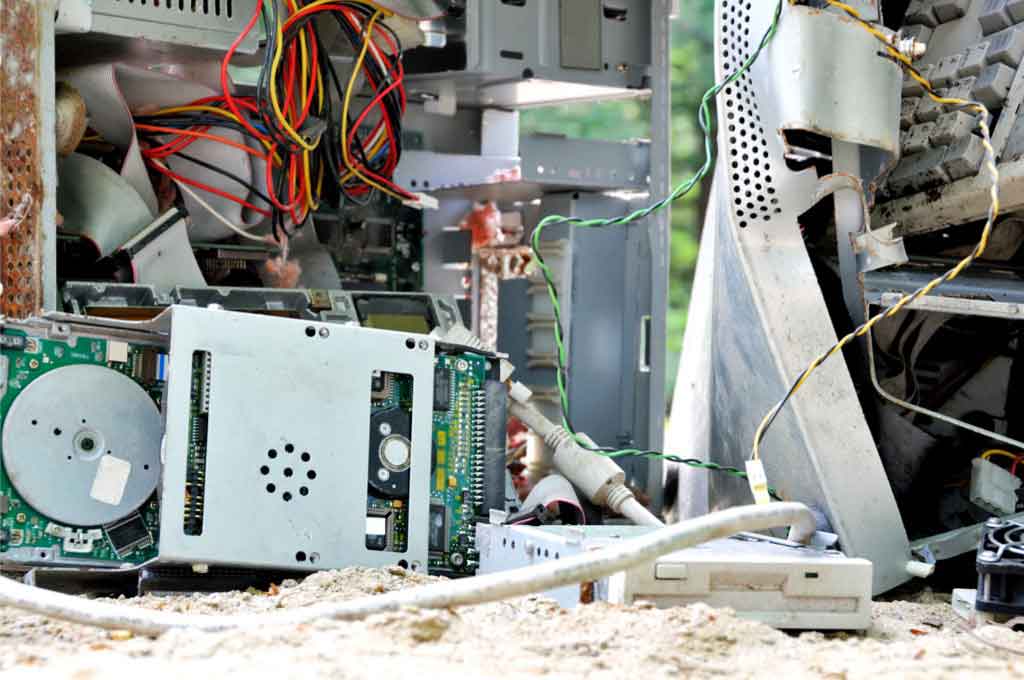
The harmful recycling techniques used include:
- Using acids to leach out the precious metals
- Incineration to melt them out
- Burning cables to remove the insulation from the copper wires
All of these techniques release toxins that create e-waste health issues.
The scale of electronic waste health hazards in countries where this form of e-waste recycling occurs is significant. The workers in the recycling centres have direct exposure to toxic materials when they dismantle the discarded electronics. Employers don’t make them aware of how e-waste is toxic to your health.
The primitive recycling methods release hydrocarbons, dioxins, and other harmful materials into the environment. This exposes residents in nearby communities to the same electronic waste health hazards.
But the impact on human health spreads even further as the hazardous materials pollute watercourses and eventually the oceans.
A Summary of Electronic Waste Health Hazards
Exposure to the harmful chemicals from e-waste creates severe health hazards that can be fatal. The toxins enter our bodies through inhalation, ingestion of food or water, and skin absorption. This summary of some of the potential impacts of e-waste should illustrate just how e-waste is toxic to your health:
Lung cancer
Reproductive issues
Immune system damage
Hormone interference
Damage to the nervous system
Slow development
Damaged kidneys
It affects brain development in children
Muscle weakness
Disruption to the endocrine system
Chronic beryllium disease
Skin problems
Asthmatic bronchitis
Damaged DNA
……and more
Who’s Responsible for E-waste Management
It is often too easy to blame someone else for a problem. But understanding how e-waste is toxic to human health should make it clear that EVERYONE is responsible for e-waste management!
The three groups that need to take responsibility for limiting e-waste health hazards are:
- Individuals: To act responsibly when disposing of e-waste
- Governments: To legislate against harmful e-waste disposal practices and educate citizens and manufacturers on how e-waste is toxic to your health
- Manufacturers: To make products last longer and recycle them when they are no longer wanted
A balance between all three can dramatically reduce e-waste health issues throughout the globe.
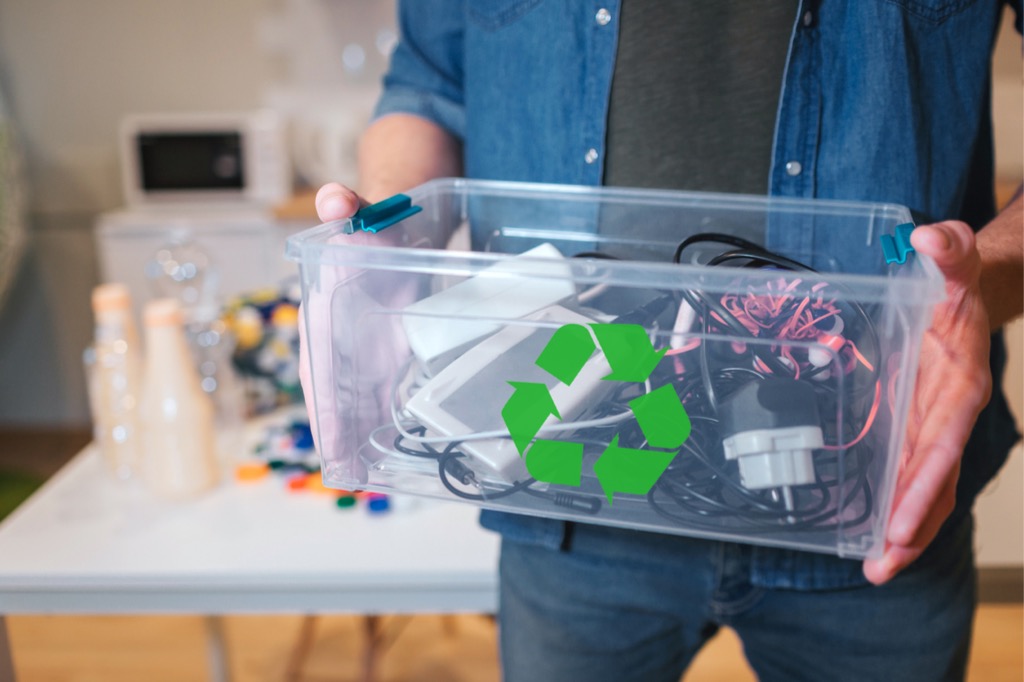

See how we can solve your hard drive destruction needs
Responsible E-waste Disposal
Formal recycling tries to minimize the e-waste health impacts and environmental hazards of e-waste by using responsible and ethical approaches for disposal. It includes:
- Careful disassembly
- Separation into raw material types
- Cleaning
- Shredding ready for re-use
Companies like TechReset follow strict health and safety rules and pollution-free techniques to protect their employees and the environment when recycling e-waste, minimizing and even eliminating e-waste health effects.
TechReset is one of the industry’s most experienced and trusted providers of computer recycling services and a proponent of green IT recycling. As an ISO 14001 Environmental and R2:2013 certified institution – for responsible recycling practices, we are proud to have a zero-landfill initiative policy.
We provide affordable and secure e-waste recycling techniques that limit the environmental impact of e-waste. Contact us to discuss how we can help recycle your e-waste safely and responsibly.